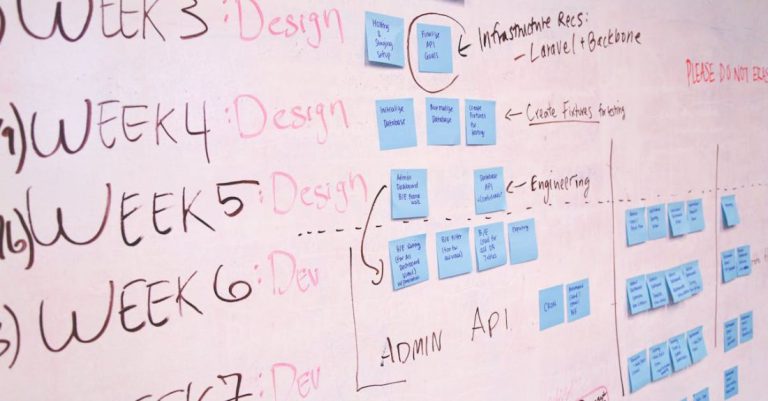
Constructive feedback is a crucial element in the process of improving plans. Whether it is in the workplace, academia, or personal projects, feedback serves as a valuable tool for identifying strengths, weaknesses, and areas for growth. By receiving feedback from others, individuals can gain new perspectives, refine their strategies, and ultimately enhance the quality of their plans. In this article, we will delve into the role that feedback plays in improving plans and how it can lead to more successful outcomes.
**Why Feedback Matters**
Feedback provides individuals with valuable insights that they may not have considered on their own. When working on a plan or project, it is easy to become too close to the details and overlook potential pitfalls or alternative approaches. Feedback from others can offer fresh viewpoints and highlight blind spots that the planner may have missed. This external input can spark new ideas, prompt revisions, and ultimately lead to a more robust and effective plan.
**Identifying Strengths and Weaknesses**
One of the primary benefits of feedback is its ability to pinpoint both the strengths and weaknesses of a plan. Positive feedback can reinforce what is working well and provide validation for the planner’s efforts. On the other hand, constructive criticism can shed light on areas that need improvement or refinement. By understanding the strengths and weaknesses of a plan, individuals can make informed decisions on how to proceed, focusing on amplifying what works and addressing what needs adjustment.
**Refining Strategies**
Feedback serves as a catalyst for refining strategies and fine-tuning plans. By incorporating feedback, individuals can identify areas that require adjustments and develop new approaches to overcome challenges. Constructive feedback can push planners to think critically about their methods and consider alternative solutions. Through this process of refinement, plans can evolve and become more effective, increasing the likelihood of success.
**Enhancing Quality**
Ultimately, the goal of feedback is to enhance the quality of plans. By actively seeking and incorporating feedback, individuals can elevate the overall standard of their work. Constructive feedback acts as a quality control measure, ensuring that plans are thorough, well-thought-out, and aligned with their objectives. Through continuous feedback loops, individuals can iteratively improve their plans, striving for excellence and achieving better outcomes.
**Fostering Growth Mindset**
Feedback plays a crucial role in fostering a growth mindset among individuals. Rather than viewing feedback as criticism, individuals can approach it as an opportunity for learning and development. Embracing feedback with an open mind allows individuals to grow, adapt, and expand their skills and knowledge. Feedback encourages continuous improvement and challenges individuals to push beyond their comfort zones, ultimately leading to personal and professional growth.
**Creating Accountability**
Feedback also creates a sense of accountability for individuals. By soliciting feedback from others, individuals are held responsible for their plans and actions. Feedback highlights areas where individuals may have fallen short or deviated from their goals, prompting them to realign their efforts and stay on track. This sense of accountability drives individuals to take ownership of their plans, strive for excellence, and deliver results.
**Elevating Performance**
In conclusion, feedback plays a pivotal role in improving plans by providing valuable insights, identifying strengths and weaknesses, refining strategies, enhancing quality, fostering growth mindset, creating accountability, and ultimately elevating performance. By actively seeking and incorporating feedback, individuals can optimize their plans, increase their chances of success, and achieve their desired outcomes. Embracing feedback as a constructive tool for improvement is key to continuous growth and excellence in planning and execution.





